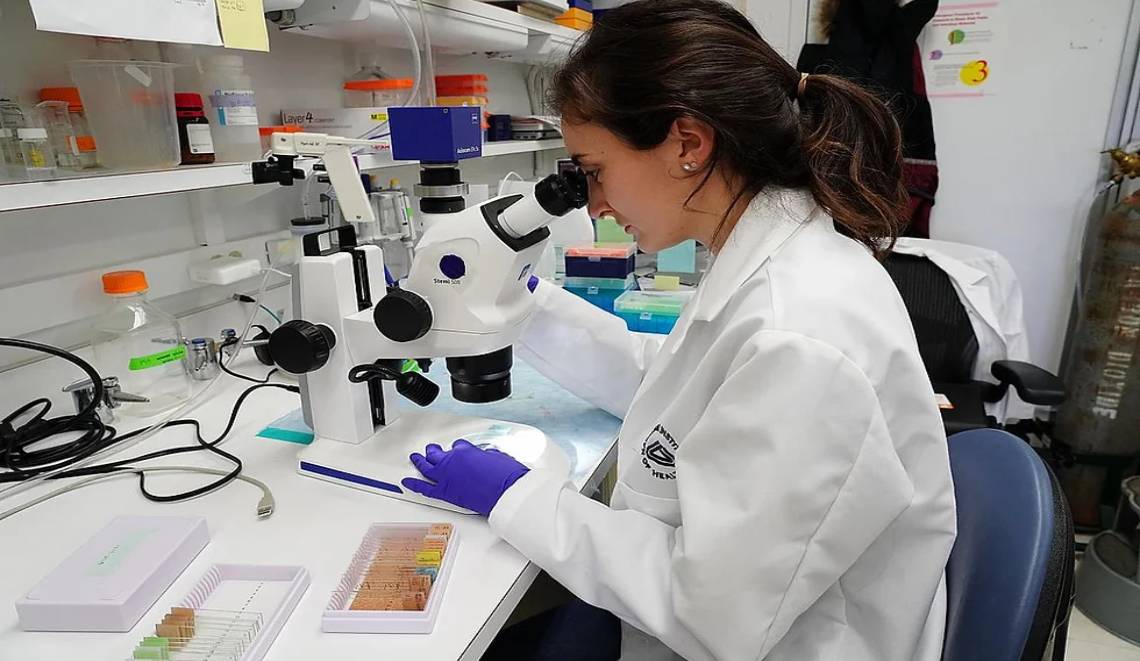

Celiac disease is caused by gluten and affects many individuals around the world. Currently, a gluten-free diet is the only treatment recommended by doctors. But this solution isn't always effective. In real life, someone can carefully avoid gluten, but still, an accidental exposure can happen. Maybe a small amount of gluten is hidden in a sauce or baked into food at a restaurant. The result can cause discomfort and damage, even with the best efforts to stay safe. However, advances in research are changing this narrative, providing hope for treatments beyond dietary restrictions. Let’s explore some promising developments in celiac disease trials.
A supplement called latiglutenase is being developed to help people with celiac disease manage accidental gluten intake. Instead of relying solely on vigilance with food labels, latiglutenase breaks gluten into harmless fragments. Imagine eating at a restaurant where cross-contamination is a risk—latiglutenase could protect against the adverse effects that often follow. In Phase 2 clinical trials, a reduction in gluten-induced intestinal injury and symptom improvement were observed. A Phase 3 trial is now being planned and could bring this therapy closer to everyday use. If this therapy proves successful, it could help reduce the damage that would normally occur, offering real relief to people with celiac disease. More details can be found on (https://enterothera.com/pipeline)
Another promising treatment for celiac disease involves the immune system being retrained to tolerate gluten. KAN-101 is being tested as a therapy to address this need. Instead of the immune system being entirely suppressed, specific cells linked to the autoimmune reaction in celiac disease are targeted. The treatment is given through an intravenous method, making it similar to those used for other conditions like rheumatoid arthritis.
For someone treated with KAN-101, the body may tolerate a small exposure without triggering the usual cascade of symptoms like bloating, fatigue, or worse. Early trials show that KAN-101 is well tolerated, and Phase 2 studies are now evaluating its broader effectiveness. For more updates, visit (https://www.beyondceliac.org/research-news/new-results-from-clinical-trial-shows-continued-progress-for-a-drug-to-treat-celiac-disease)
ZED1227 offers another exciting development. This oral medication inhibits an enzyme called tissue transglutaminase 2, which plays a role in triggering the body’s immune response to gluten. Imagine someone unknowingly eating a meal that contains gluten while traveling—ZED1227 could prevent the damage before it starts. Initial trials show that it is safe and well-tolerated, paving the way for further research. Learn more about this breakthrough here (https://www.theaustralian.com.au/health)
For people living with celiac disease, these treatments promise more freedom and less anxiety. Dining out or visiting friends becomes less of a gamble, and daily life feels less restricted. The gluten-free diet will still have its place, but these therapies could serve as additional safety nets, ensuring fewer setbacks when mistakes happen.
The ongoing research into celiac disease treatments shows a future that could transform lives. Latiglutenase, KAN-101, ZED1227 and many others bring real hope for better management of this condition. While gluten-free living will likely remain a cornerstone of care, these advancements suggest that accidental exposure won’t always result in health setbacks. More trials are needed, but the progress seen so far offers optimism to the celiac community.